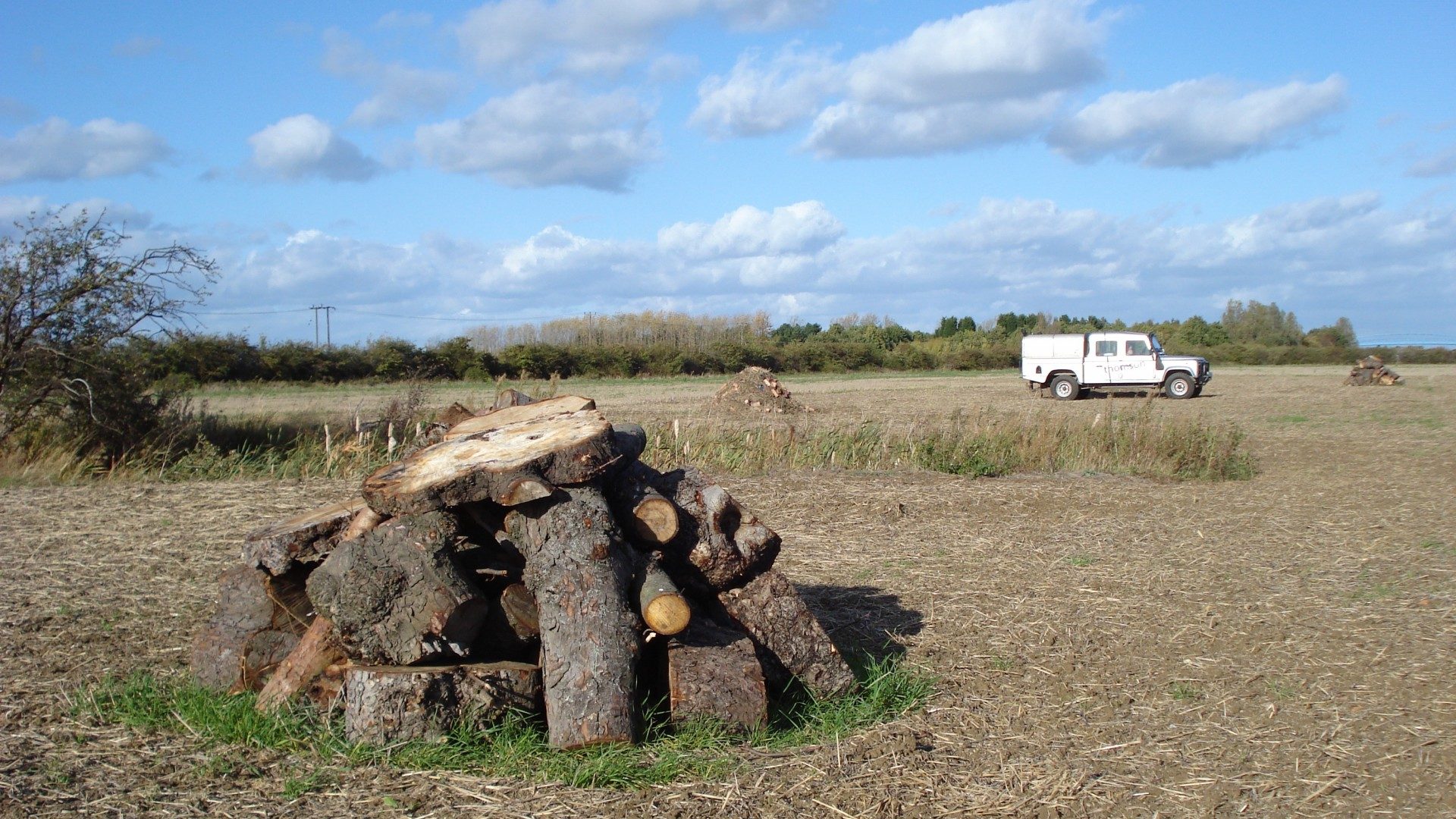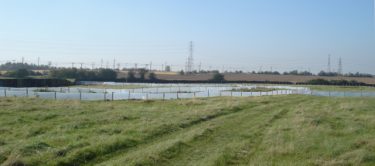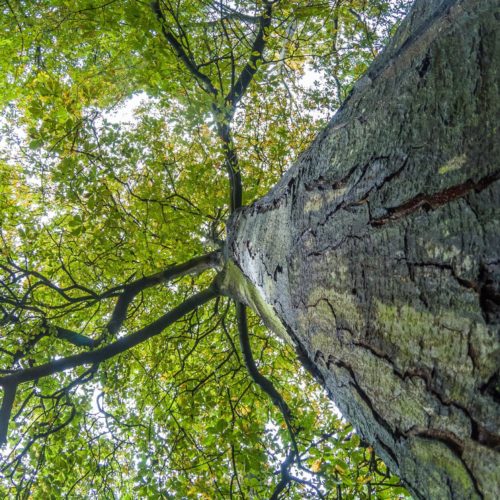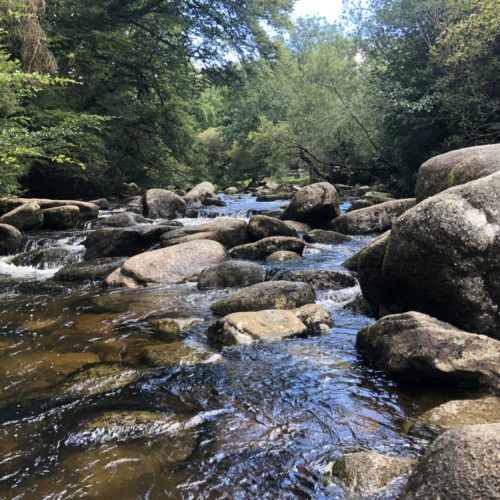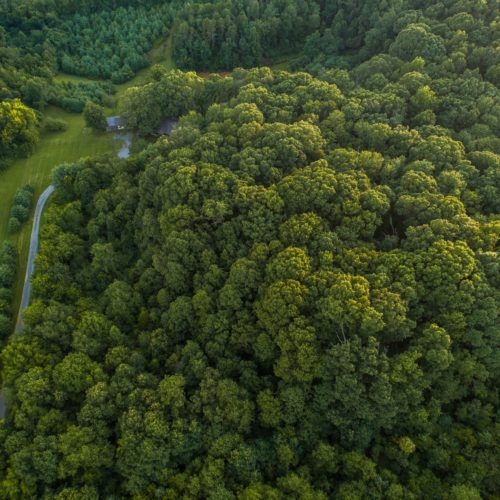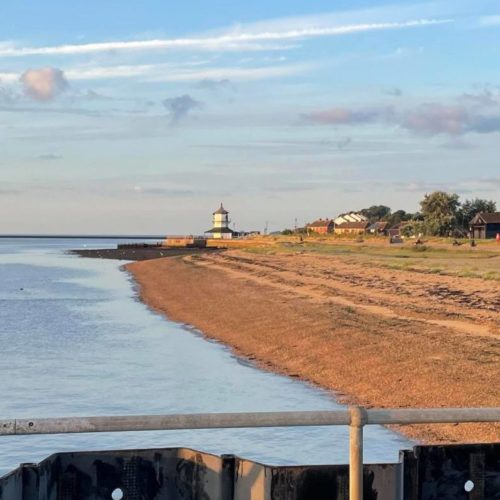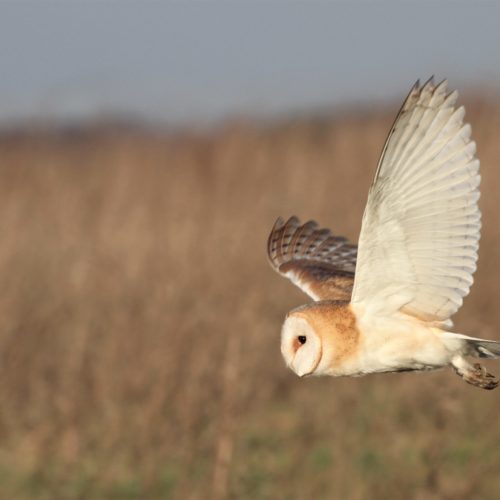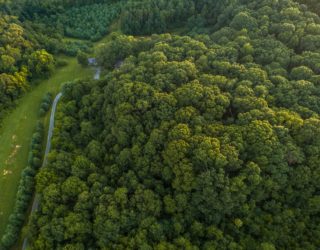What is an ECoW?
An ECoW is a site-based ecologist who oversees works and provides advice on an appropriate approach for the management of ecological features in the context of environmental legislation and planning policy.
When is an ECoW required?
Environmental regulation and planning policy requires developers and contractors to protect and enhance biodiversity. Whilst undertaking site works an ECoW is often required to:
- Identify and advise on the protection of ecologically sensitive or valuable features
- Provide pragmatic and proportionate advice to assist with compliance with legislation and planning policy.
- Assist with the planning and approach to ensure ecological mitigation is applied in a manner which minimises the risk of unexpected delays, costs or adverse public perceptions.
- Provide leadership and management of other ecological specialists working on the site.
- Interpret and assist with the application of precautionary methods of work or other site-specific methodologies relating to ecological sensitivities of the site.
Why is Thomson the best choice for Ecological Clerk of Works?
Thomson has a large pool of ecologists based in our offices throughout the UK, which means we can be responsive to urgent requests and can provide teams of ECoWs for large and complex sites. Our ecologists have a wide range of specialisms and licences, which enable us to offer support on sensitive sites or for works completed under a mitigation licence. Our ecologists are appropriately experienced and/or trained and apply a pragmatic approach to ensure they facilitate works whilst managing ecological risks to ensure a smooth and costs-efficient construction process.
Project Examples
Since 2019, Thomson has provided ongoing support for enabling works on HS2. This has included the provision of up to ten ECoWs per week to support site-based activities which include vegetation clearance or disturbance to ecological sensitive features, including ancient woodland and many other habitat types. Some of the ECoWs are committed to a single site, whereas others take responsibilities over multiple sites. All works are documented and signed off according to a pre-defined methodology derived from earlier assessments of the sites.
Thomson has been providing ecological support for Network Rail on track maintenance and upgrades projects across the UK since 2005. Many of these projects impact adjacent habitat, which supports protected species such as reptiles, badgers, dormouse, great crested newt and many others. Often ECoWs have been deployed to provide support on these sites and ensure works are completed in accordance with precautionary methods of works, or licensable method statements.
